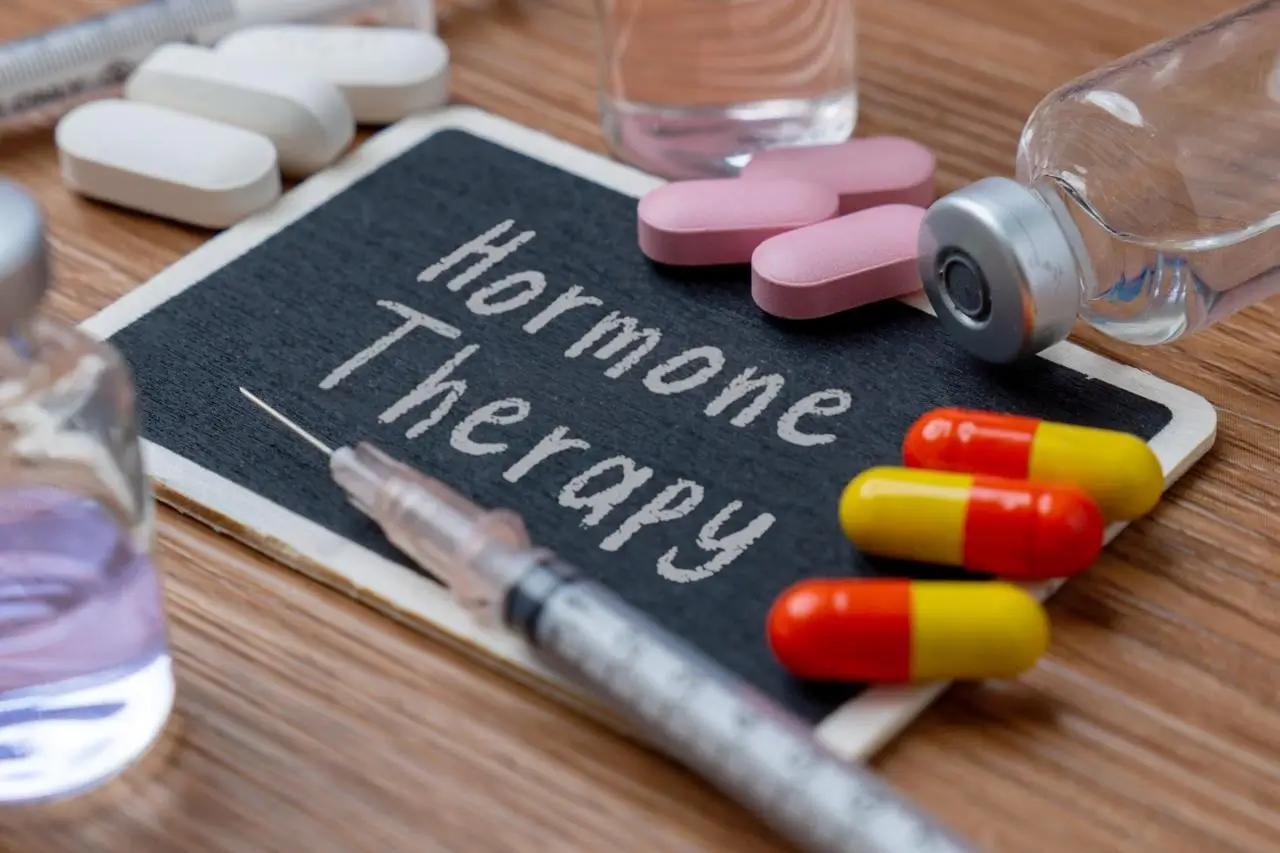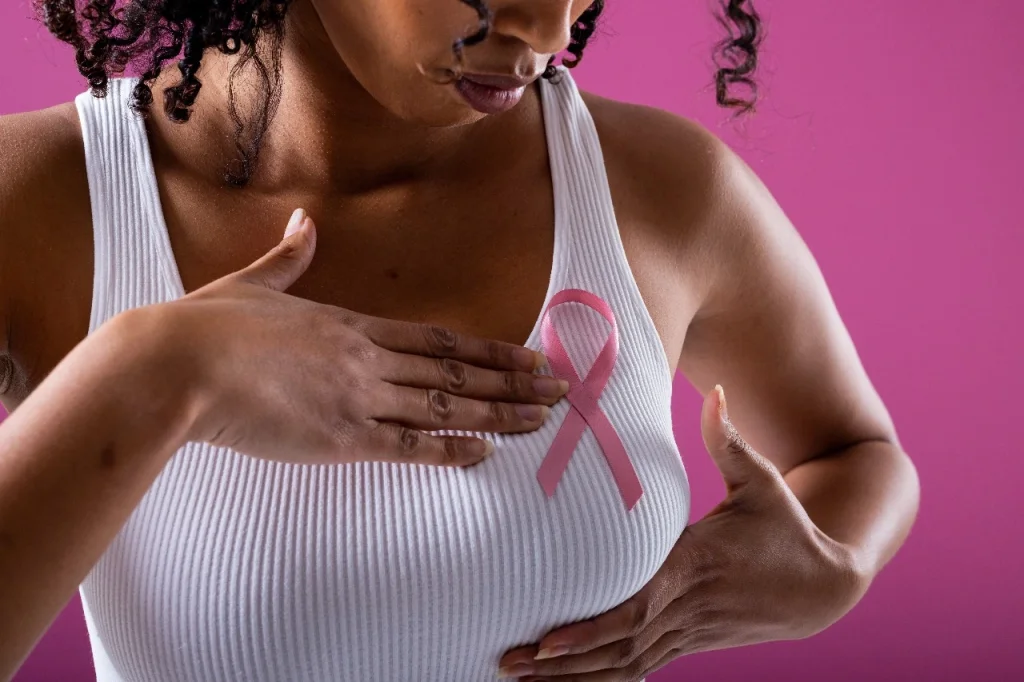

It starts quietly. A lump, a test, a word that can shatter the air around you — breast cancer.
We’ve all heard the stories, seen the pink ribbons, read the statistics. Yet behind the awareness campaigns and the hospital corridors, there’s another layer of truth — one that’s deeply human, emotional, and often unspoken.
This isn’t a medical lecture. It’s a conversation — woman to woman — about what happens beyond the diagnosis, about what doesn’t always make it into pamphlets or doctor consultations. Because sometimes, the things that aren’t said matter just as much as the ones that are.
When you first hear the words “You have breast cancer,” your mind leaps to the worst possible place. That’s natural.
But here’s the truth: today, breast cancer is among the most treatable cancers, especially when caught early. The survival rate for localized breast cancer exceeds 90% in many parts of the world.
What most people don’t tell you, though, is that “survival” isn’t just about living — it’s about learning to live differently.
The fatigue. The fear of recurrence. The emotional aftershocks that ripple long after the last chemo session ends. These don’t vanish when your scans turn clear.
Doctors talk about remission. Friends talk about strength. But few talk about the in-between — that fragile space where you’re grateful to be alive yet unsure who you are now. That, too, is part of healing.
Here’s something few women realize: 80–85% of breast lumps are benign.
They can be cysts, fibroadenomas, or hormonal changes — all non-cancerous.
But dismissing a lump because “it doesn’t hurt” or “it’s probably hormonal” is a mistake far too many women make.
Breast cancer often doesn’t cause pain in its early stages. So if you feel something unusual, get it checked — not because it’s likely cancer, but because it might be, and early detection changes everything.
Here’s a lesser-known fact: some aggressive forms of breast cancer, like inflammatory breast cancer, don’t form typical lumps at all. They may cause redness, swelling, or a dimpled texture instead — symptoms that are often mistaken for infection or skin irritation.
Your body whispers before it screams. Listen when it does.
Doctors often mention hormones when talking about HRT or fertility, but rarely in the context of breast cancer prevention. Yet the estrogen-progesterone balance plays a major role in how breast cells behave.
High lifetime exposure to estrogen (early menstruation, late menopause, no pregnancies) increases risk.
Conversely, healthy progesterone levels can have a protective effect.
What’s rarely discussed is that stress, poor sleep, and modern lifestyles can push this balance off track — leading to estrogen dominance. This isn’t just about medication or menopause; it’s about everyday hormone health.
Supporting your liver (which metabolizes estrogen), maintaining a healthy weight, and getting regular movement are simple yet powerful acts of breast protection. It’s not glamorous, but it’s the truth.
Most women are told to get a mammogram after 40, earlier if there’s family history. What’s rarely discussed is that mammograms aren’t foolproof.
They can sometimes miss tumors (especially in dense breast tissue) or lead to overdiagnosis — detecting very slow-growing cancers that may never become dangerous.
That doesn’t mean you should skip them. It means you should pair them with awareness.
Ask your doctor if you have dense breasts (common in Indian and younger women). If so, consider supplementary tests like ultrasound or MRI when advised.
Screening is a tool, not a guarantee. Knowing how your own body feels and changes still matters most.
Doctors focus on tumors, not turmoil. Yet the emotional storm that follows diagnosis is enormous.
Fear, guilt, anger, disbelief — all of it coexists.
One of the untold truths is that mental health support is not a luxury, it’s part of treatment.
Studies show that women with strong emotional and psychological support during treatment not only cope better but may even respond better to therapies.
So if you cry often, or feel numb, or resent your body — it doesn’t make you weak. It makes you human.
Give yourself permission to grieve, to rest, to be angry, and to heal at your own pace.
And lean on people who get it. Whether it’s a support group, a counselor, or a friend who listens without trying to fix you — connection can be medicine too.
No two diagnoses are identical.
Some women find their lump themselves. Others discover it during a routine scan. Some need surgery and radiation; others respond beautifully to hormone therapy alone.
The untold truth? Your treatment path doesn’t define your strength.
Choosing a mastectomy doesn’t make you braver than someone who opts for lumpectomy. Wearing a wig doesn’t mean you’re less authentic than someone who embraces baldness.
Every choice a woman makes through cancer is her own language of survival. There’s no single “right” way to do this — only your way.
Because truthfully, normal shifts.
After cancer, you may notice things differently: how precious rest feels, how quickly fear flickers, how your body now demands more kindness than ever before.
Doctors don’t always talk about the long-term effects of treatment — the lingering fatigue, the hormonal shifts, the bone loss, the changed libido, the fear that returns with every scan.
But here’s what survivors will tell you: life after breast cancer isn’t about going back. It’s about becoming new.
You learn to live slower. To cherish softness. To find strength in simply showing up again.
That’s the quiet revolution no medical journal can capture.
This might be the most important truth of all.
For decades, breast cancer was spoken about in whispers. But today, there’s a growing sisterhood of survivors, researchers, and advocates working to make sure no woman walks this path alone.
From patient navigators to online support circles, help exists — you just have to reach for it.
And if you’re supporting someone through their diagnosis, remember: you don’t need perfect words. Sometimes the most healing thing you can say is simply, “I’m here.”
There’s no handbook for the emotions breast cancer brings. But there is power in knowledge, compassion, and community.
If you take away one thing, let it be this:
Your body is not your enemy. It’s your witness. Your partner. Your story keeper.
The untold truths about breast cancer aren’t meant to scare you — they’re meant to remind you that understanding, awareness, and self-advocacy are some of the strongest medicines we have.
You deserve care that sees you as a whole person, not just a patient.
And if you’re navigating the complex world of hormones, menopause, or recovery after breast cancer, you don’t have to walk that path alone.
Miror’s HRT Centre of Excellence — India’s first dedicated centre for advanced, personalized hormone care — is pioneering a safer, evidence-based approach to women’s hormonal health.
Here, expert HRT specialists, gynecologists, and oncology-informed clinicians work together to guide every woman with empathy, science, and trust. Whether you’re managing menopause, recovering from treatment, or simply seeking balance, Miror offers a space built around knowledge, safety, and dignity. Because every woman deserves to heal — and to feel whole again.
This article was written for women, by women, who believe that truth, empathy, and awareness can heal as much as medicine.
That it’s not just about genetics.
In fact, around 85% of women diagnosed with breast cancer have no family history at all. Lifestyle, hormonal balance, environmental factors, and even chronic stress play surprisingly large roles. Knowing your body — not just your DNA — is your first line of awareness.
There’s no such thing as too young to be aware.
While breast cancer is more common after 40, cases among women in their 20s and 30s are rising, especially in urban areas with higher stress and changing reproductive patterns. Awareness isn’t fear — it’s empowerment.
Not every lump or bump is cancer, but any change that feels new or different deserves attention.
Sometimes it’s not even a lump — it might be a flattening, dimpling, redness, or a nipple that suddenly turns inward. If something feels off, don’t second-guess yourself. Trust your instinct and check it out.
Yes, indirectly.
Prolonged stress can disrupt hormonal rhythms and increase inflammation, both of which can influence breast tissue health. Likewise, estrogen dominance (too much estrogen relative to progesterone) has been linked to a higher risk of certain breast cancers. Balancing hormones through sleep, nutrition, and regular movement is not a wellness cliché — it’s preventive care.
Yes. Mammograms remain the gold standard, but if you have dense breasts or are younger, ultrasounds or MRI scans may provide clearer results. Digital mammography and 3D imaging are also gentler and more accurate. The goal isn’t just testing — it’s finding what works best for your body.
This is one of the most complex and often misunderstood questions.
In most cases, traditional systemic HRT (especially combined estrogen-progestin) is not recommended for women who currently have or have had hormone-sensitive breast cancer, as it may increase the risk of recurrence.
However, localized (vaginal) estrogen therapy — used for severe dryness, urinary discomfort, or painful intimacy — may sometimes be prescribed in very low doses under strict medical supervision. The key is individualized care.
If you’re a survivor experiencing intense menopausal symptoms, it’s essential to consult an HRT-trained specialist or oncologist who understands both hormone therapy and breast cancer recovery.
At Miror’s HRT Centre of Excellence — India’s first dedicated centre for advanced hormone care — women can access personalized, evidence-based guidance from multidisciplinary experts. The team works closely with oncologists to create safe, tailored plans, including non-hormonal and integrative alternatives that help restore balance, comfort, and confidence post-cancer.



 ×
×

